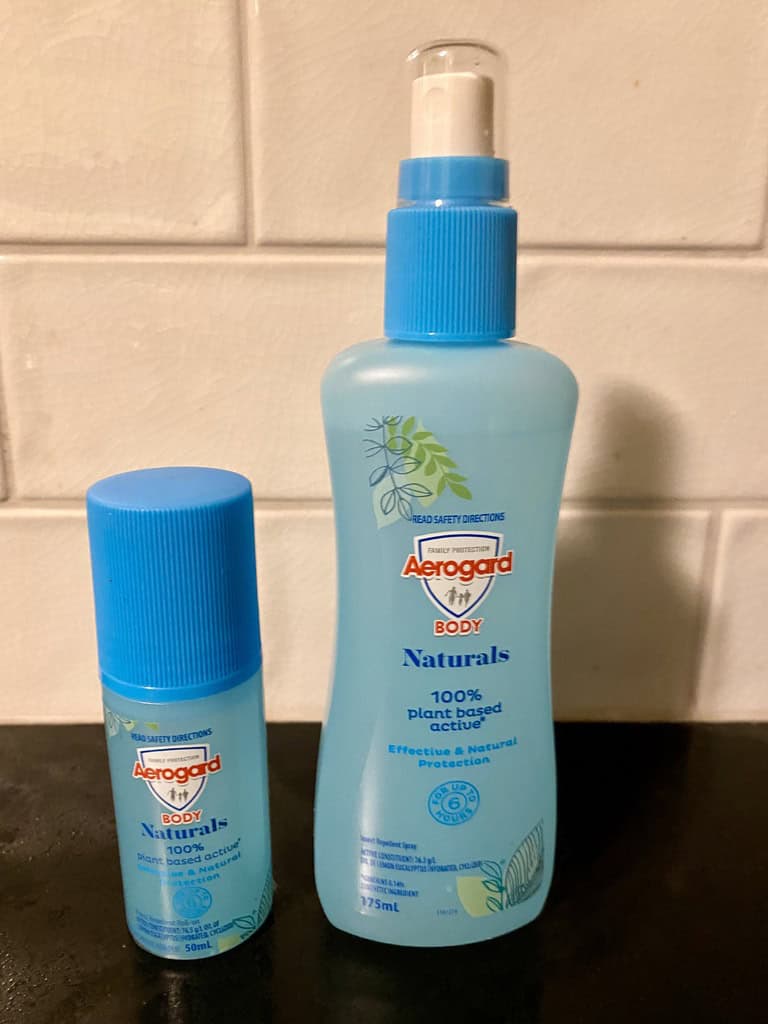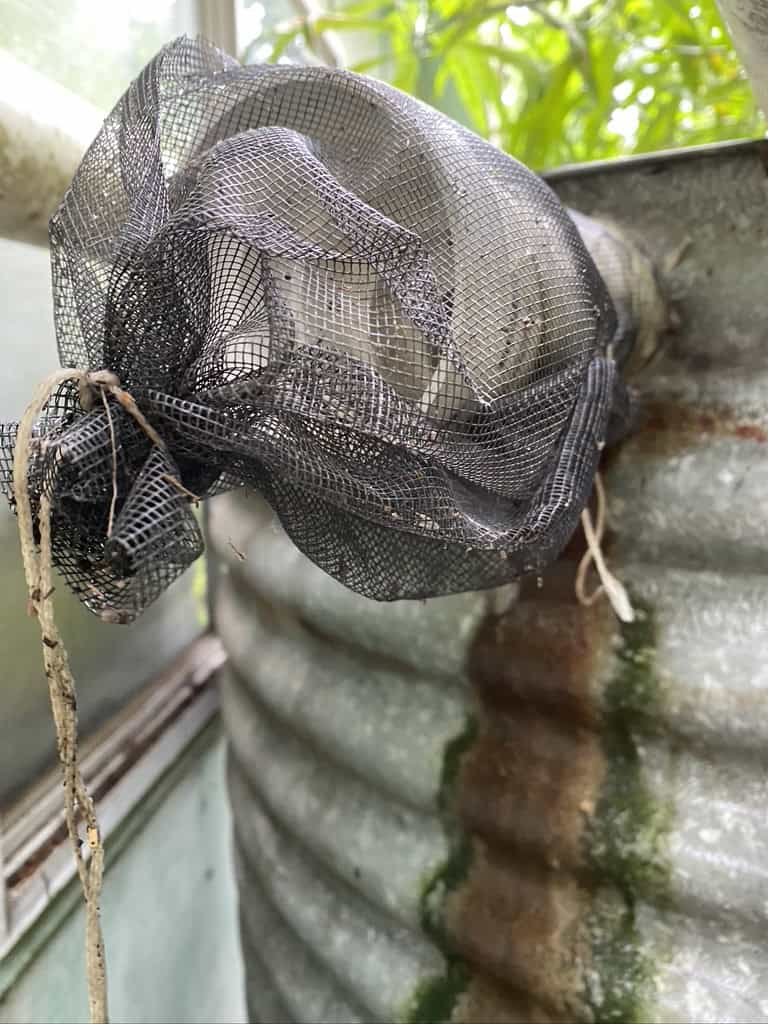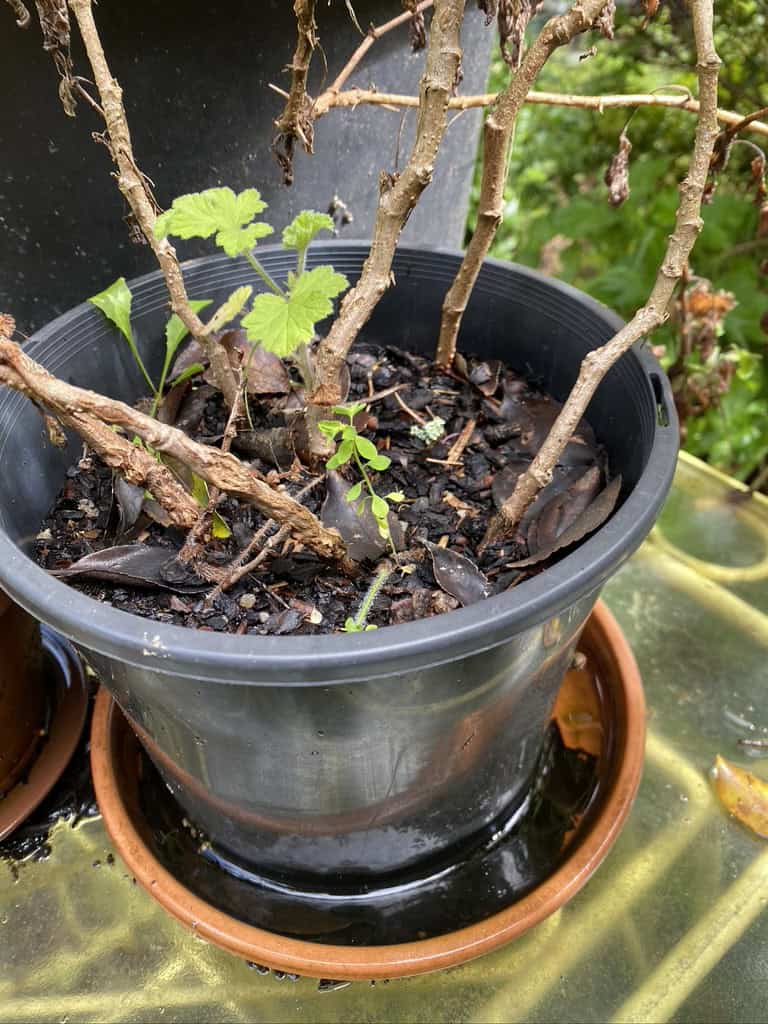March 5
Public Health Alert for Japanese encephalitis and other mosquito-borne viruses
Yesterday I read that the mosquito-borne virus Japanese encephalitis has been declared an issue of national significance, with eight cases and one death recorded in the last month. Cases are being detected in NSW, Victoria and Queensland. These are the first cases in more than two decades, and the first cases detected south of Cape York and the Torres Strait.
The La Nina weather pattern and floods are increasing the risk of mosquito-borne viruses with detections of other viruses like Kokobera virus, West Nile Virus and many cases of Ross River Fever.
The first time climate change seriously impacted my health was when a mosquito shared Ross River Fever with me. Originally common in the sub-tropics, the warming climate has seen hundreds of cases of Ross River Fever appearing in Central NSW, the Blue Mountains and Sydney in recent years, and the current floods are likely to see significant outbreaks occurring.
Ross River Fever, previously known as epidemic polyarthritis, made me VERY sick for over six months. All because of one small mosquito bite.
So, today, I researched the best way to avoid mosquito-borne diseases, and set about doing something about it.
Firstly I did a thorough search through our whole yard for containers of water and places where mosquitoes might breed, and made sure they were all removed (eg plates under pots). I also put mesh over our water tank outlet. I then replaced the broken fly strips at our back door.
Then I researched the best insect repellants, given that there are still so many mosquitoes around if you’re spending time outdoors at the moment.
To avoid mosquito bites and prevent infection NSW Health recommends:
• cover up while outside with loose, light-coloured clothing and covered footwear
• avoid being outdoors at dawn and dusk
• apply insect repellent on exposed skin that contains DEET, picaridin, or oil of lemon eucalyptus
Recent studies have shown that oil of lemon eucalyptus is as effective as DEET and picaridin. Last year Aerogard created their first ‘Naturals’ range, which uses oil of lemon eucalyptus. It’s only available in the large supermarkets, so this morning I did a rare trip to one in Katoomba and purchased both the spray and roll-on (which were fortunately on sale!).
I shared the spray with the others in our Landcare group today and got a thumbs up. I’ll be taking some to the Farm for everyone tomorrow too!

Join #AYearInADay Citizen Science Project to see if we can all inspire one another to do more to restore planetary health
We’d love you to collaborate with us and share any actions you take to restore planetary health in the comments below or on our social media. While we welcome you to share ANY ACTION you take to inspire others, we’ll be recording NEW or EXTRA actions that people take as part of our tally, because we’re trying to inspire one another to do more than we’re already doing. Feel free to copy some of the actions our participants have been sharing – the action only needs to be NEW for you. Let us know if other people are influenced by your posts, or ours, so that we can measure outcomes of this project. To leave a comment on this blog you’ll need to enter your name and email address.
Our first step is to record 365 new actions. Our second step will be to aim for 365 new actions in one single day. Imagine if we could do it every day of the year! You can subscribe to receive a daily action from us here


0 Comments